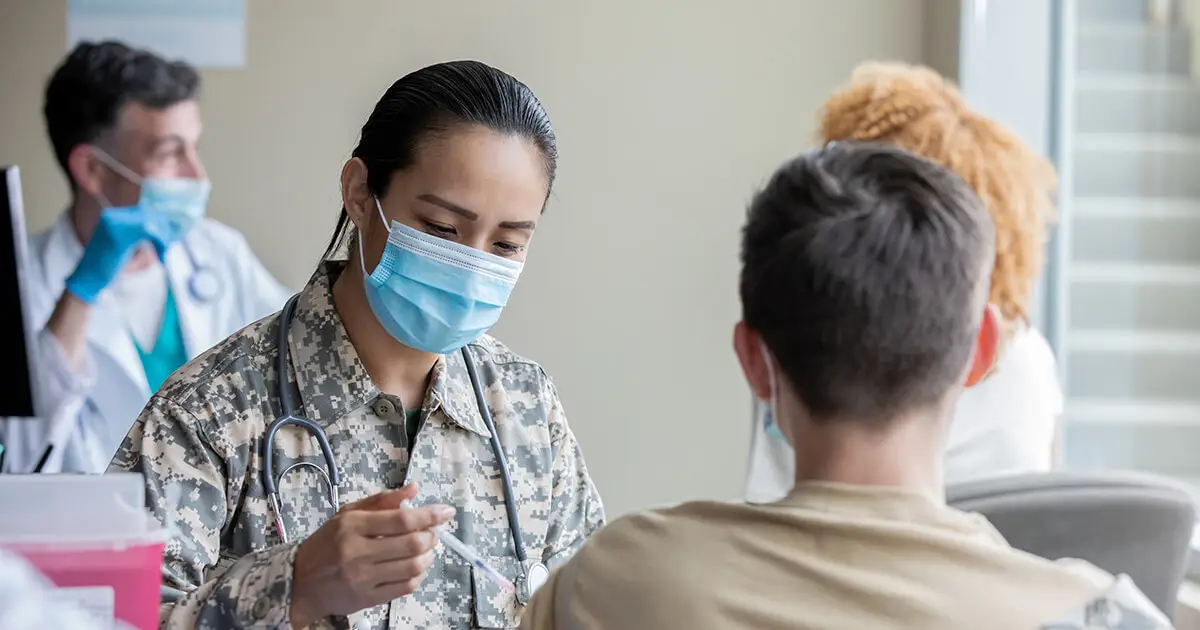Maximizing Efficiency: Pediatric Training for Programs with Overloaded Curriculums

Rick Wiegert, the Pediatric Education for Prehospital Professionals (PEPP) Course Coordinator at the Joint Special Operations Medical Training Center in Fort Liberty, North Carolina, knows how challenging it is to include pediatric training in a full curriculum, but he also understands why it is still critical to include.
“Operationally, we don’t plan on routinely working with pediatric patients. However, we do encounter them in theater, often at inopportune times and often under less-than-ideal circumstances,” he says, emphasizing the importance of training for every situation.
Wiegert uses Pediatric Education for Prehospital Professionals (PEPP) Fourth Edition to train staff in the Special Operations Combat Medic (SOCM) Course at Joint Special Operations Medical Training Center, which encompasses the Special Warfare Medical Group (Army) and the Naval Special Operations Medical Institute.
Wiegert says the focus of the Joint Special Operations Medical Training Center is on combat trauma and military medicine, and adding PEPP to training gives his students a way to learn the fundamentals of treating pediatric patients quickly and effectively, such as the Pediatric Assessment Triangle (PAT).
“Our time allotted for pediatric training is limited. The PEPP training is a great tool for them to have. It offers a great ‘footprint’ of common pediatric emergencies, and coupled with the skills videos and small groups, it is a big confidence builder for our students,” he says. “We get countless After Action Reviews. Plus, we get countless reports back from operational theaters with similar success stories.”
“Even though it is structured for EMS professionals, the PEPP course in many ways is better suited for our students and objectives as our medics are usually outside of a clinical environment, operating ‘untethered’ from medical control,” he says.
Learn about his experience teaching PEPP and how this training material compares to other, similar pediatric training content.